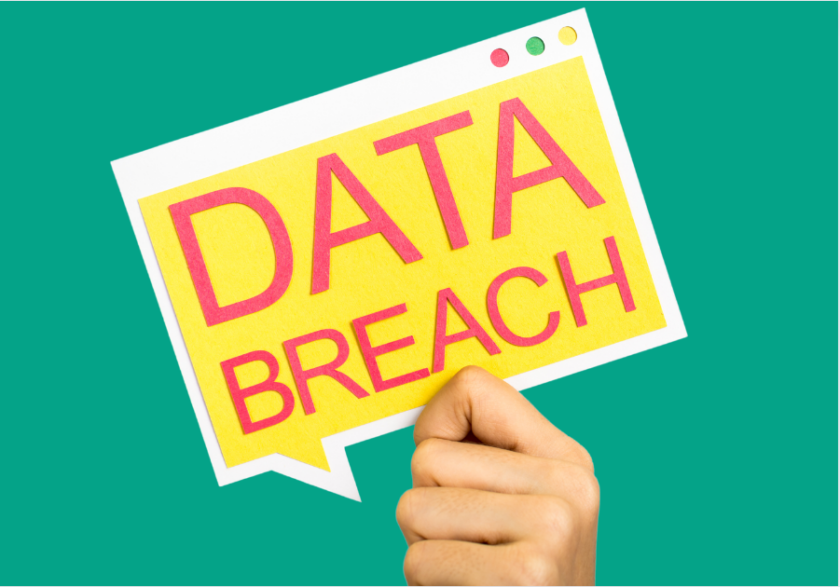Data breaches have become an unfortunate reality, and the risk of personal information falling into the wrong hands is a growing concern. If you find yourself in the unsettling situation of having your information exposed in a data breach, it’s crucial to take immediate action to safeguard your identity and finances.
This article will guide you through the essential steps to protect yourself and minimise the potential damage caused by such incidents.
- Secure your bank accounts: If your passport or driver’s licence has been compromised, tell your bank so that they do not rely on these documents to verify your identity. Notify all the banks or credit providers that you use that you are a victim of a data breach and ask about how you can protect your money. This may include:
- setting transaction limits on your accounts
- enabling multi-factor authentication for online and telephone banking
- additional security questions
- special security words
- Stop people taking out loans in your name by getting a credit ban
You can apply to Credit Reporting Agencies (Equifax, illion, Experian) for a credit ban to stop people getting credit or loans in your name. This is a free service. This will last for 21 days and can be renewed. See the IDCARE credit ban factsheet for more details. - Notify your Superannuation Fund
Tell your Superannuation fund that you have been impacted by a data breach and ask for an alert to be placed on your file. Discuss what additional security features they can implement for you such as multi-factor authentication or a further security question. We also suggest that you place a hold on any activity to roll over your fund.
- Replace your driver licence or passport
Changing your driver’s licence number or your passport may be necessary if you have noticed that scammers are starting to use your personal details to take out loans or credit in your name. Changing your identification numbers will make it harder for criminals to use your old one to take out loans or credit. It will make it harder for them to use your licence number or passport for verification.
What should you do if you have been scammed?
If a person contacts you threatening to release your data unless payment is made, please report this immediately to Australian Cyber Security Centre (ReportCyber) via their website or on 1300 292 371.
To report a scam, please do so via ScamWatch. If there is an imminent threat to your safety, call Triple Zero.
Additional protection from cyber criminals
Individuals and businesses are that concerned and want extra piece of mind may need or consider taking out cyber insurance. Cyber insurance protection can provide coverage for identity theft, cyber-crime, cyberbullying, smart device attack and cyber harassment and reputation cover.
By staying informed and implementing these precautionary measures, you can reduce the risk of falling victim to scams and safeguard your financial and personal information. Together, let’s stay one step ahead of the scammers and keep our identities and finances secure.





